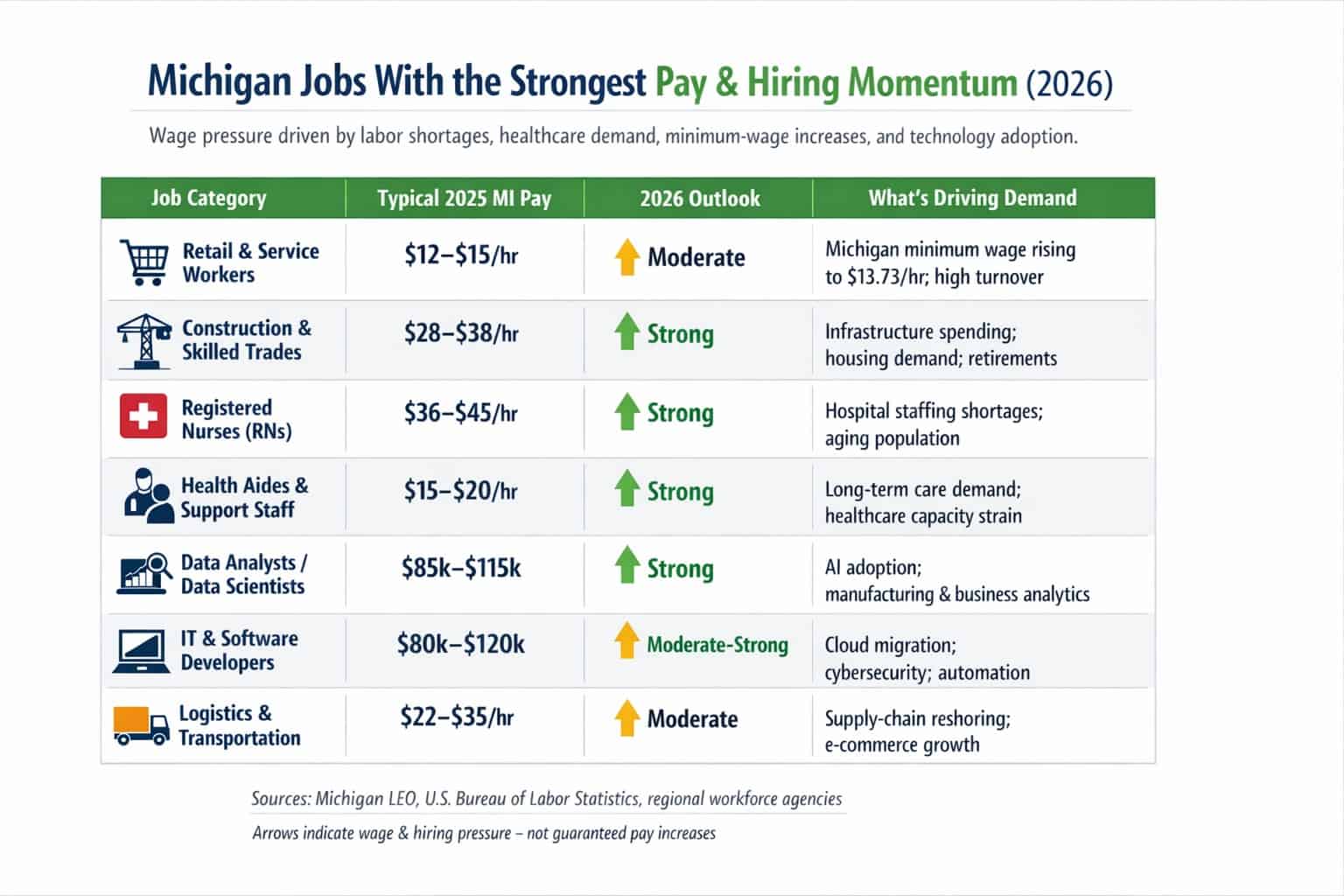LANSING – Michigan lawmakers unveiled and approved a long-awaited budget that makes funding cuts to many state agencies while allocating an extra $1.1 billion to the Michigan Department of Transportation, which is responsible for fixing state roads and bridges, supported by a 24 percent wholesale tax on cannabis.
Shortly after 3 a.m. on Oct. 3, after days of protests and lobbying and arm twisting for and against the measure, the Senate voted 19-17 to impose the wholesale tax. The House earlier passed the same legislation on Sept. 25, meaning the controversial bill now goes to Gov. Gretchen Whitmer for her signature.

The budget proposals, taken up during a session that began Oct. 2 and stretched into Oct. 3, totaled $51.8 billion for general government and $24.1 billion for education, for a $75.9 billion budget total. But a House Fiscal Agency report shows that total artificially reduced by the way billions in federal funding is accounted for, by moving Medicaid money to contingency funds where they are not included in the budget total. It’s not yet clear how the total topline number will compare to the 2025 fiscal year’s $82.5 billion total.
The spending plans for general government and school aid were approved with unanimous bipartisan votes in conference committees charged with resolving differences between the House and Senate. They then received strong bipartisan votes in the House and Senate on Oct. 2 and Oct. 3.
But questions lingered on the morning of Oct. 3, amid a marathon legislative session, about the fate of a controversial proposed 24% wholesale tax on marijuana, which is a key element of the road funding plan reached between Whitmer and lawmakers from both parties.
But the measure, House Bill 4951, passed in a narrow vote.
Sen. Jeff Irwin, D-Ann Arbor, who opposes the tax, said its passage is good news for illegal drug dealers, who he said will see their business increase. “This is going to drive Michigan customers out of the legal market,” Irwin told the Senate.
“Local governments will lose revenue and gain blight and crime.”
But Sen. Ed McBroom, R-Vulcan, said in the Senate he supports the tax and takes the opposite view about its effects.
“I have communities in the U.P. (Upper Peninsula) that are overrun with stores, overrun with dispensaries,” McBroom said. “We have an industry that is out of control (and) too large,” and possibly the tax will result in “some right-sizing,” he said.
The Michigan Cannabis Industry Association, a trade group representing cannabis companies, said earlier in the week it may file a lawsuit against the wholesale tax questioning whether the vote amounts to an illegal amendment to the recreational marijuana law voters approved in 2018.
Under the Michigan Constitution, citizen initiatives can only be changed through three-fourths majority votes in the Legislature. The House fell five votes short of that 83-vote threshold last week.
The cannabis association is consulting with attorneys, and if they feel strongly the new tax would amend the 2018 initiative, a lawsuit “would be our next step,” said Executive Director Robin Schneider.
“Certainly, we don’t want to have to get there.”
Read more at Detroit Free Press






